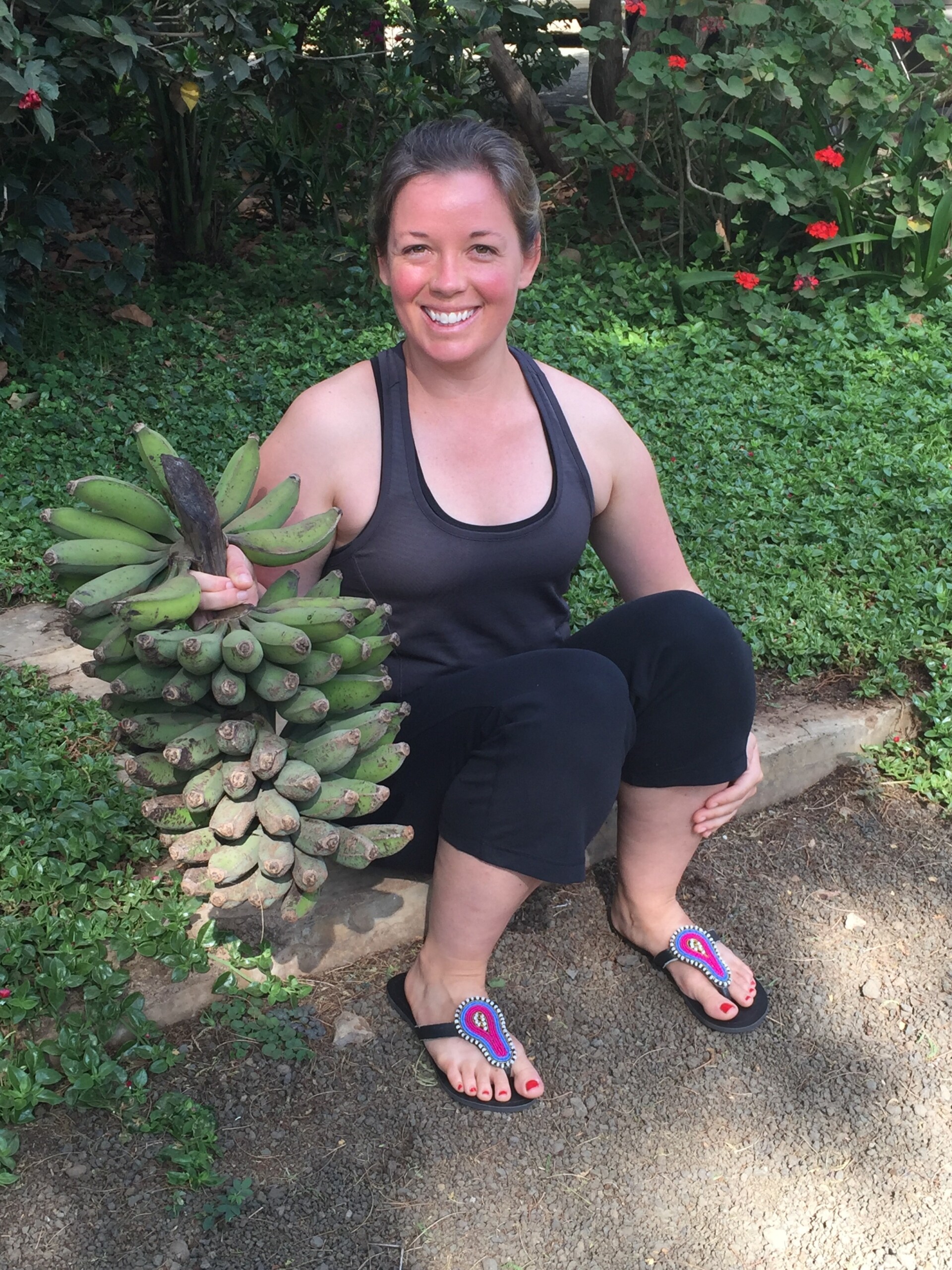
Reducing post-harvest loss in Tanzania: Helping farmers benefit more from the fruits of their labour
This year was a little different. My husband and I celebrated Christmas in the fertile highlands of Central Kenya – tea-growing country. My friend and former Daily Nation reporter colleague, Joy Wanja, invited us to spend Christmas with her family. Instead of spiced wine, the tea flowed endlessly. We downed glass after sweet milky glass. Instead of presents, we unwrapped bananas (pausing only to suck on a succulent stick of sugar cane).

Tea and bananas are plentiful in Kenya’s Central Province. As is customary, we were sent home with an abundance of gifts – sugar cane, beets, loose leaf tea and of course, bananas. Not a bunch of bananas. A stalk of bananas. Many more than Eric and I could eat alone.
We quickly separated the stalk in two and shared them with our neighbors.
Still, our bananas ripened faster than we could eat them, so I peeled and sliced them before popping them in the freezer. Frozen bananas make great smoothies. That’s lucky for us because Eric and I bought a new blender for Christmas. A BLENDER! With the abundance of mangoes, pineapples and passion fruit here, I guarantee this thing is going to be working overtime for the duration of my mandate with Uniterra, but I digress.


Since starting my position as Communications Advisor in November, I’ve learned that food waste is all too common here in Tanzania – not the kind of food waste that results from your bananas blacken. I’m talking about post-harvest loss. About half of all food grown in Tanzania never Makes It from the farm to the dinner table. Largely, post-harvest loss results from a lack of post-harvest facilities, lack of processing capabilities and the fact that it has a limited shelf life. That adds up to big losses for farmers.
Fortunately, post-harvest loss is preventable.
In Tanzania, Uniterra works within the fruit and vegetable value chain and tourism sub-sectors to make them more inclusive to women and youth.
For the last year, Uniterra’s Sector Research Team completed a thorough analysis of these two sub-sectors in Tanzania. In co-operation with stakeholders, they not only identified challenges and bottlenecks along the fruit and vegetable value chain but also evaluated the opportunities for intervention to improve the socio-economic conditions of young people and women producers.
They learned that many opportunities exist to improve the position of women and youth by addressing market barriers including value addition (processing fruit into juice, jams etc.) and increasing reliable market information.
The impact of closing such gaps is of no small consequence. Studies have shown that women’s increased earnings translate into increased investments in their children’s education, health and nutritional well-being. In addition, if women had equal access to agricultural inputs, total crop production could increase by up to 20 per cent.
The research findings will provide valuable insight and information for future program priorities. That’s one of the reasons I’m so excited to be joining the team in Arusha right now. The other? I’ve arrived in the thick of mango season.
Bottom’s up!
